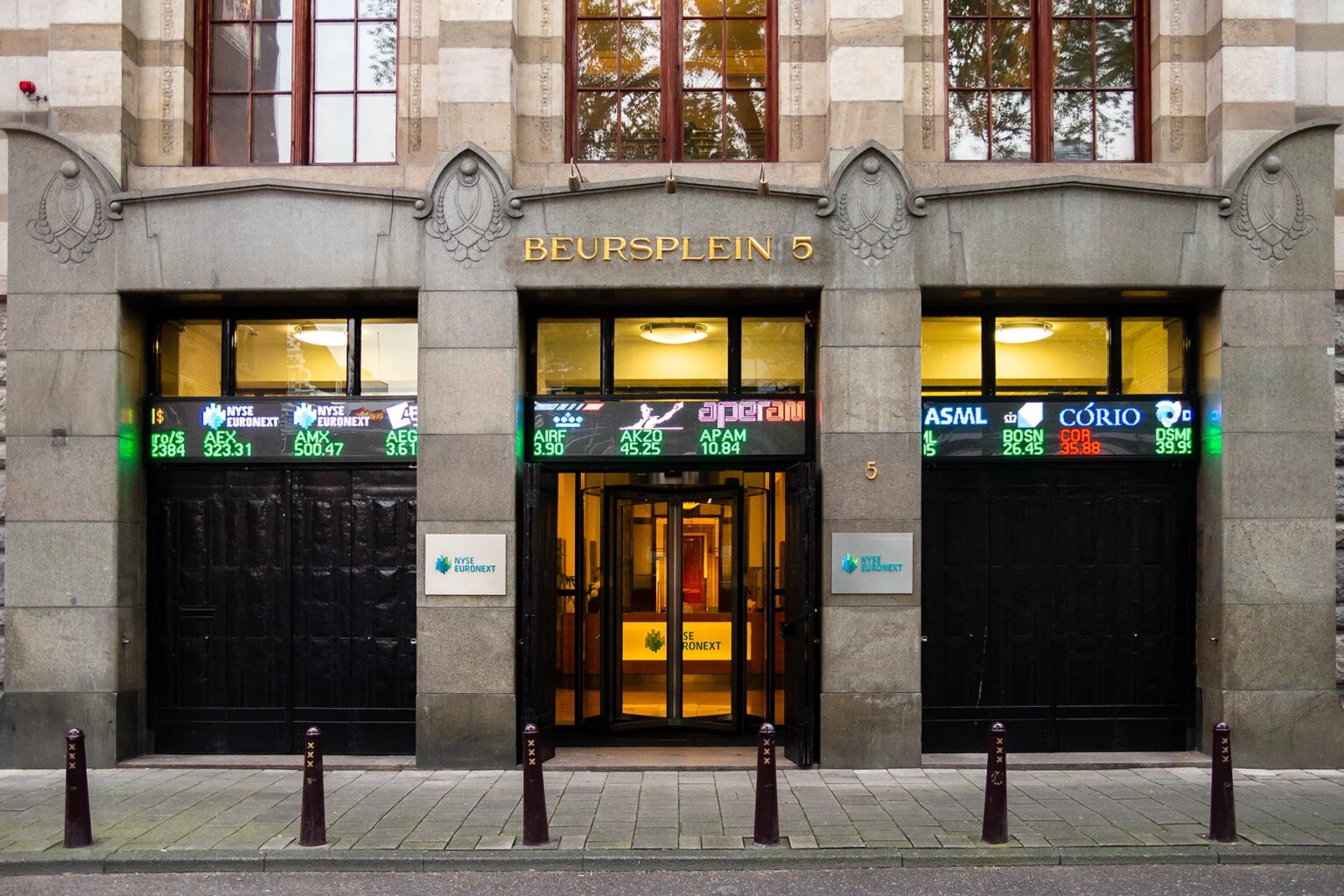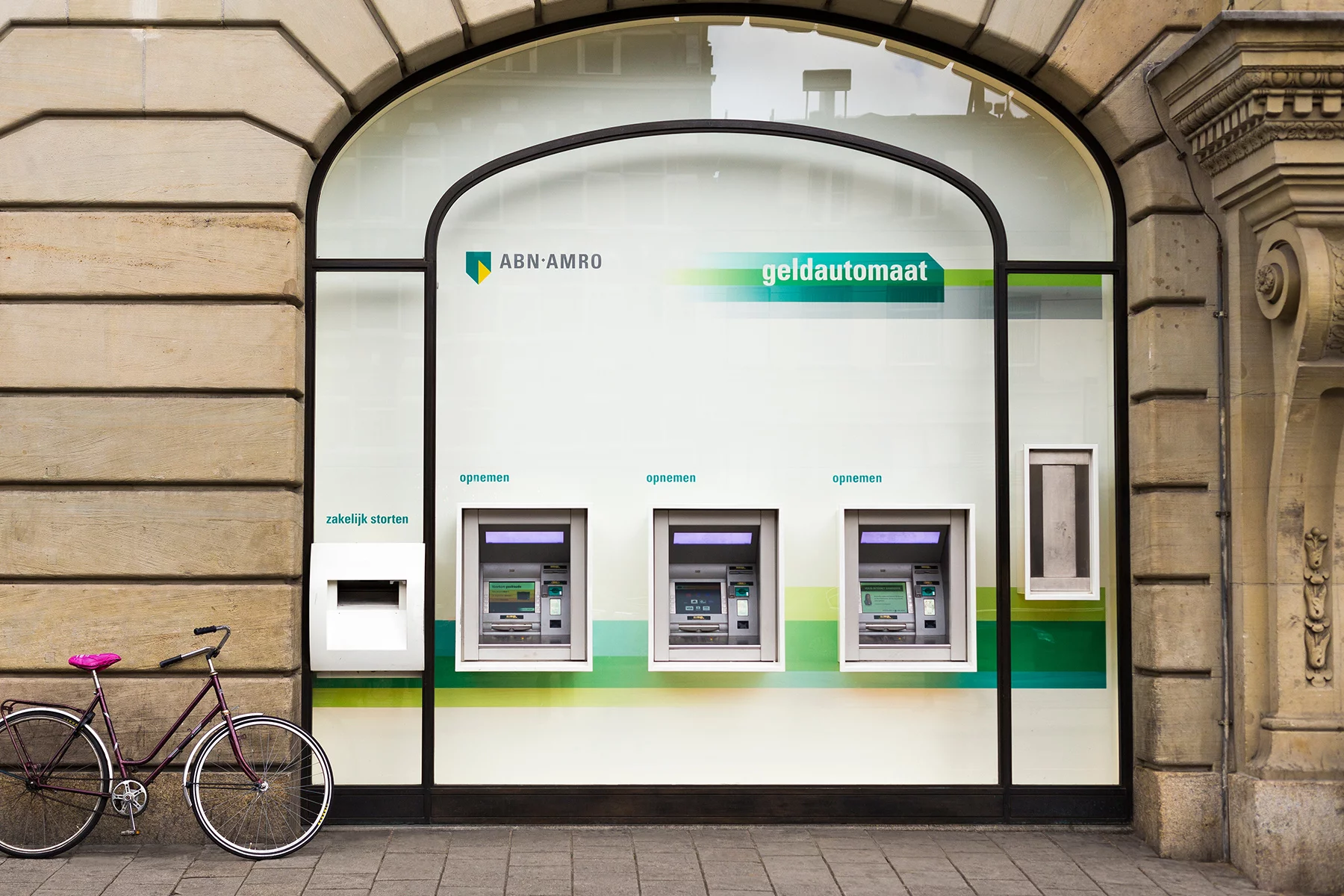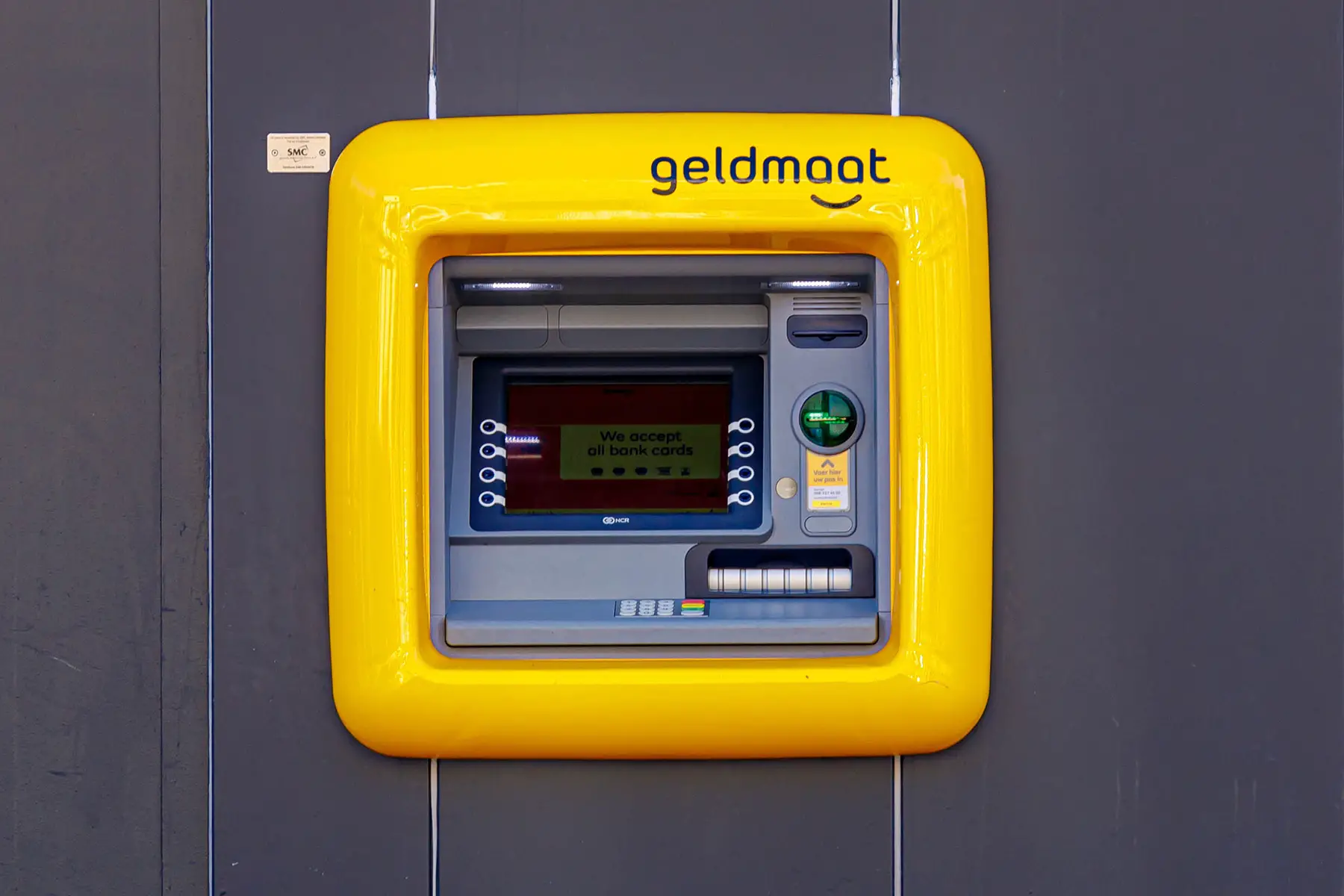When you move to the Netherlands, investing can be a great way of growing your money and providing for your future, but it comes with risks. With this in mind, it’s important to ensure you get your head around the main types of investment in the Netherlands, and how the rules differ from those in your home country.
This guide to investing in the Netherlands includes advice on the following:
- Investing in the Netherlands
- Investment advice in the Netherlands
- Savings account investments in the Netherlands
- Dutch pensions investments
- Property investments in the Netherlands
- Business investments in the Netherlands
- Dutch investment funds
- Investing in stocks and shares in the Netherlands
- Offshore investments
- Ethical and sustainable investing in the Netherlands
- Tax on Dutch investments
- How to invest wisely in the Netherlands
- Useful resources
Tytle
Make keeping up with taxes on your investments breeze with Tytle. Their global tax advisors offer a one-stop shop for filings, bookkeeping, and more in over 30 countries. They specialize in working with expats, digital nomads, and global citizens, providing simple solutions at an affordable price.
Investing in the Netherlands
The Netherlands offers a range of investment options for expats, regardless of their country of origin. These include day-to-day options such as putting money away in a savings account, to more high-risk-high-reward options such as investing in the stock market.
When planning your investment strategy as an expat, it’s worth considering how you’ll move your money into the Netherlands. Many banks charge fees and add markups to exchange rates when transferring money internationally. Wise offers an alternative, allowing you to send money to the Netherlands at the mid-market exchange rate plus a small, transparent fee. This can help preserve more of your capital for actual investments rather than losing it to transfer costs.

The Netherlands is a stable place to invest your money, with the economy having recovered well from the impacts of the Covid-19 pandemic.
Investment advice in the Netherlands
It’s important to take advice before taking on any high-risk investments in the Netherlands. This is especially the case if you’re new to the country, or are unfamiliar with its rules and regulations. Most Dutch banks and financial institutions have their own investment advisors with whom you can make an appointment.

There are a range of independent financial advisors in the Netherlands, like Black Swan Capital, who can offer guidance on investing in stocks and shares. Specialist mortgage and tax advisors can be also be useful if you’re thinking of putting your money into Dutch property.
As a starting point, you can search the Expatica directory for financial services and advisors. You can also take advice from your national chamber of commerce in the Netherlands, for example the British Chamber of Commerce in the Netherlands or the American Chamber of Commerce in the Netherlands.
Black Swan Capital
Looking for advice on investing in the Netherlands as an expat? Black Swan Capital provides tailored, independent investment advice around internationals’ unique challenges in managing their finances abroad. Their team of experts focuses on your individual circumstances to help you achieve your goals.
Savings account investments in the Netherlands
There are a range of savings accounts available in the Netherlands. These range from instant-access accounts (which allow you to withdraw your money at any time) to long-term deposit accounts (where you money is locked up for a set number of years). Theoretically, the longer the period you’re willing to put your money away for, the higher the rate of interest you should get. Special accounts are also available for things like saving for your child’s future or your retirement.
There is a significant drawback, however. Interest rates at Dutch banks are at a historic low, so you may find it difficult to make any real return on your money in the current climate. Indeed, some banks have even been charging customers to hold savings of more than €100,000. In June 2022, ING became the first major Dutch bank to scrap negative interest rates for customers with the highest savings.
For expats who need to manage money across multiple currencies, savings accounts may not be the most practical option. Wise offers a multi-currency account that lets you hold, exchange, and manage over 40 currencies at once. This can be particularly valuable for international investors who frequently move money between countries.

Savings in the Netherlands are covered by the Dutch Deposit Guarantee. This protects deposits of up to €100,000 per person per bank if the institution goes bankrupt.
The biggest banks in the Netherlands are ING, Rabobank, ABN Amro, BNG Bank and NWB Bank. Online banks offering investments include bunq.
bunq
Looking for a mobile bank that speaks your language? Join bunq and get a local IBAN to receive your salary and access currencies easily, with familiar payment options like Apple Pay and Google Pay. Sign up in 5 minutes – no branch visits or tax numbers necessary. Save on exchange rates and fees when you join bunq.
Dutch pensions investments
The Dutch pension system has three pillars: state, workplace and private pensions. Retirees in the Netherlands can benefit from one of the world’s best pension systems, with excellent state pension coverage, and around 90% of employers offering occupational pension schemes.
Investing in a private pension can be a useful way to increase your retirement income, especially if you’re not fully covered by an occupational scheme. Private pensions in the Netherlands are most commonly used by self-employed workers and those who work in industries without collective pension schemes. Contributions to private pensions are typically tax-deductible.
Individual private pensions are usually offered by banks or major insurance companies. Investors are free to set their own contributions depending on the goals of their investment and the number of years before they plan to retire.
Property investments in the Netherlands
There are no restrictions on foreigners buying property in the Netherlands, but you’ll need to get your head around the various rules and fees before rushing in.
Property prices in the Netherlands have rising in recent years. This is in part due to a housing shortage in cities such as Amsterdam, Rotterdam, and The Hague. Data from Statistics Netherlands shows prices rose by 15.6% in 2021, to reach an average of €387,000. Prices in Amsterdam were highest, however, with a rise of 11.5% bringing average prices up to €570,000.
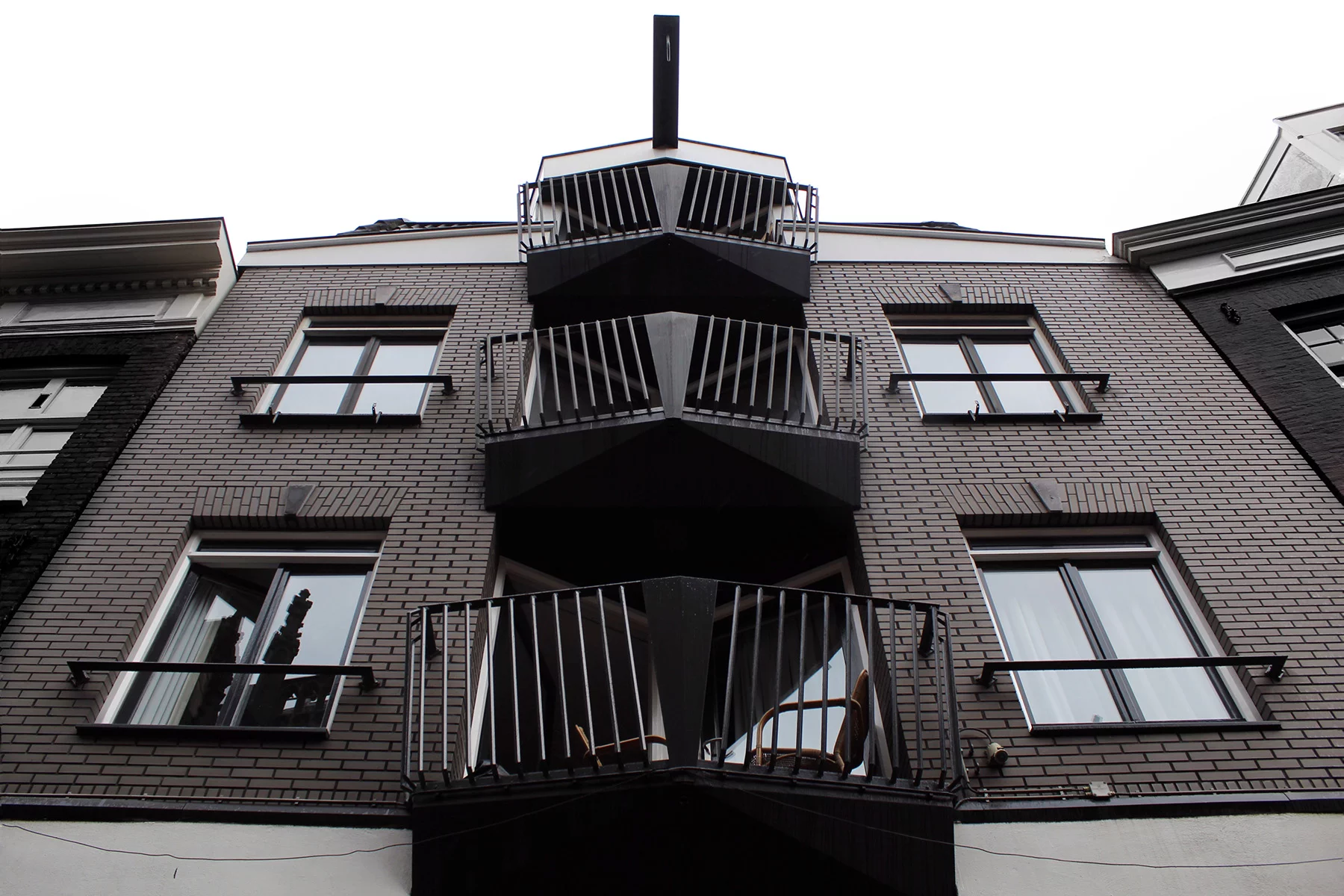
With central bank rates very low, borrowers have been able to benefit from cheap mortgage rates. The average mortgage rate was just 1.65% in December 2021, down from 1.84% a year earlier. The prospect of rises to interest rates in the second half of 2022 could result in mortgages becoming more expensive.
If you’re thinking of investing in property in the Netherlands, you’re likely to encounter limited options in the most popular cities. Rent prices are rising, but at a slower rate than house prices. Data from the rental website Pararius found that rent prices increased by nearly 7% in the first quarter of 2021. Amsterdam achieved growth of nearly 9%.
People buying property in the Netherlands must pay fees totalling around 5-7% of the property price. If you let a property out, you’ll also need to pay tax on your rental income.
Wise account
Are you an expat or thinking of moving to the Netherlands? Managing your money across borders shouldn’t be complicated. With a Wise account, you can hold over 40 currencies and pay with a Wise debit card in more than 150 countries. Whether you need to spend abroad, receive or send money home, Wise can help make international money management simpler.
Business investments in the Netherlands
The Netherlands is a good place to start a business, with EU citizens able to set up companies without the need for a work permit. Non-EU citizens typically need a residence permit or work permit, though start-up visas are available for entrepreneurs setting up new businesses.
The process of starting a business – and the tax you’ll need to pay – depend on the type of business you’re setting up, but all businesses will need to be registered with the Kamer van Koophandel (KvK), which is the Dutch Chamber of Commerce. You can learn more in our guides to running a business in the Netherlands and Dutch business culture.
Dutch investment funds
A range of investment funds are available in the Netherlands. When you put money into an investment fund, it’s pooled with money from other investors. The fund is overseen by a fund manager, who invests the money based on a set financial strategy – for example tracking a financial market or outperforming a specific index. You can invest in funds through banks or specialist investment brokers.
Brokers generally include investment platforms that offer different baskets of funds based on risk appetite, or more-basic app-based robo advisors. Some banks also offer their own ranges of investment funds.
Funds can be public (such as mutual funds), or private (such as hedge funds). Some of the main types are as follows:
- Exchange traded funds (ETF) – a type of mutual fund which is indexed to the stock exchange. ETFs can include lots of different assets, are low cost and easy to trade. Also known as tracker funds.
- Equity funds – another type of mutual fund investing in stocks and shares. These funds aim for long-term growth through capital gains. Also known as stock funds.
- Bond funds – invest in bonds and other debt instruments. Pay periodic dividends such as interest payments. Also known as debt funds.
- Mixed funds – funds that invest in a combination of shares and bonds.
- Hedge funds – private investment funds available for a limited number of investors. Can offer higher returns but are more expensive, less regulated and carry greater risks.
Fees and projected returns vary according to aim of the fund and the provider. As a result, it’s a good idea to do your research to find the most suitable option for you. Unless you have experience with investment funds, it’s advisable to speak to a financial professional before deciding how to invest your money.
Investing in stocks and shares in the Netherlands
As well as investing in stocks and shares via investment funds, you can buy and sell them directly through the Dutch stock market. The main stock exchange in the Netherlands is the Euronext Amsterdam, where you can find out information on current share prices for Dutch companies. The Dutch stock market is regulated by the Netherlands Authority for the Financial Markets (AFM). The Dutch Stock Market Index (NL25) can be followed on the Trading Economics website.
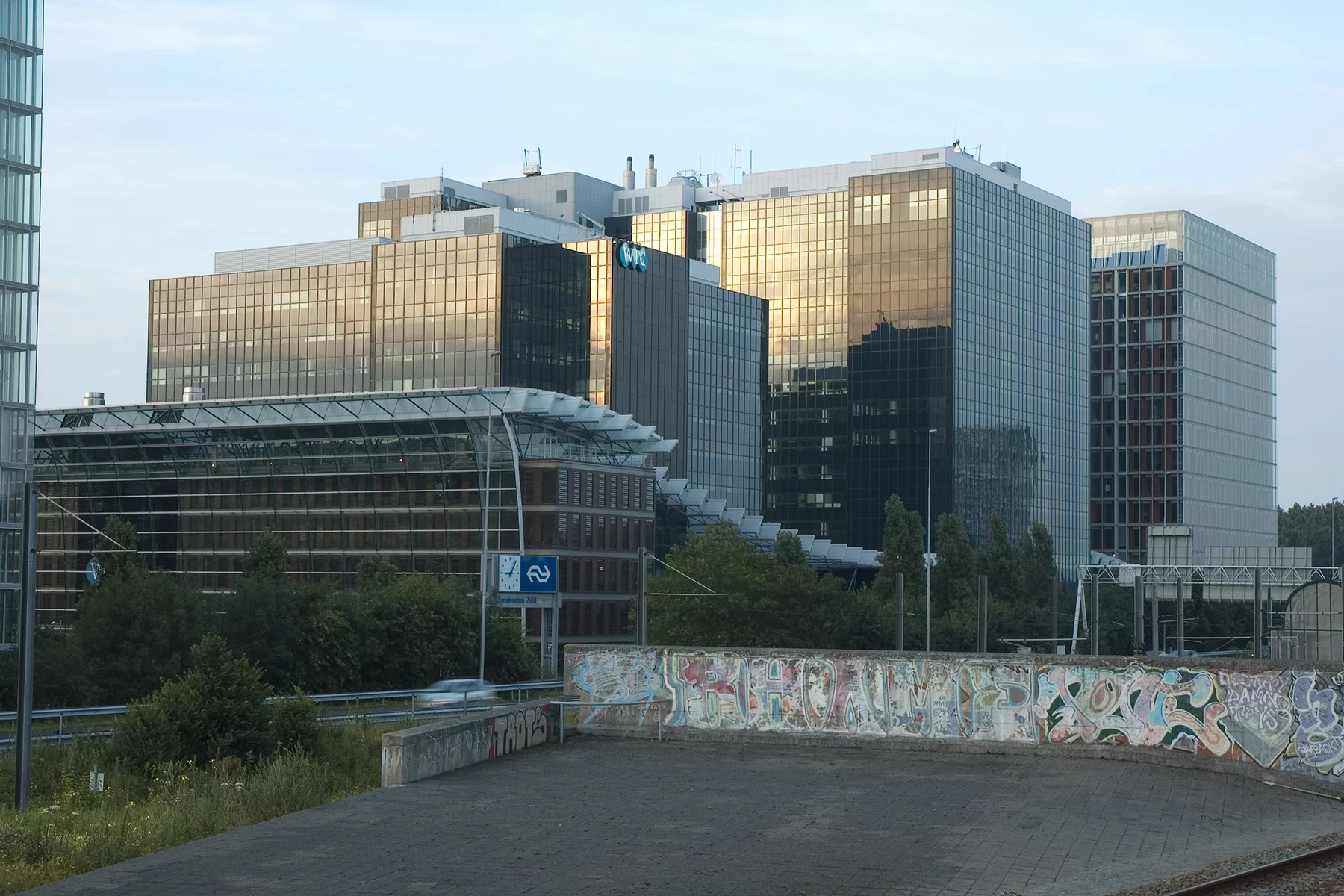
You can buy and sell shares in the Netherlands by setting up an online account with a provider such as a bank or investment platform. Costs associated with trading stocks and shares can include transaction fees and monthly account fees as well as taxes, so check this with the provider. Investing in individual shares gives you greater freedom, but your profits can be quickly eroded by these fees if you buy and sell too often.
Offshore investments
The Netherlands offers a range of offshore banking options for expats and companies. Offshore banks offer flexible money arrangements, tax advantages and some services not available through domestic banks. However, they generally require larger investments than regular banks and tend to be more expensive. See the Expatica guide to offshore investments for more information.
Ethical and sustainable investing in the Netherlands
Ethical investing is growing in popularity in the the Netherlands, as elsewhere in Europe. Banks and investment providers are increasingly looking to offer products that confirm to ESG (Environmental, Social and Governance) standards.
Some of the biggest banks in the Netherlands offer green savings accounts that adhere to specific criteria. For example, ABN Amro’s Green Savings Deposit (Groen Spaar Deposito) pledges to invest at least 70% of savings into green projects. The Dutch government has also launched its own green bonds.
A range of ‘green’ investment funds are also available in the Netherlands, though the exact parameters can be complicated. The Dutch Association of Investors for Sustainable Development (VBDO) offers guidance on the different types of green investment.
Tax on Dutch investments
People residing in the Netherlands need to pay tax on their income, wealth and assets. The rate of tax you’ll pay depends on which ‘Box’ the income comes under.
Income from savings, investments and property all come under Box 3. The Box 3 taxation system is complicated and may be subject to change after a court ruling that some taxpayers had been overcharged in December 2021.
To make sure you’re filing all your personal taxes correctly in the Netherlands, it’s worth reaching out to a tax advisor like Tytle who can manage your bookkeeping and answer any questions.
In simple terms, your Box 3 tax rate is assessed against a hypothetical yield rather than your actual income. The Dutch tax authority assumes you make a yield of between 1.82% and 5.53% on your assets (depending on their total value). Once this has been determined, your perceived income is taxed at a rate of 31%. The first €50,650 of assets are tax free. You can find our more in the guide from PWC (see the ‘dividend income’ section).
How to invest wisely in the Netherlands
- Diversify your investments – your investment portfolio should be balanced to avoid taking on too much risk in individual sectors. Having all your eggs in the same basket may be easier to manage, but it leaves you open to greater volatility.
- Understand your time horizon and risk profile – make sure you know what your goals and timeframes are before investing. Consider how you would react and the impact it would have on you if your investments fell, and set a risk profile that matches your goals and personality.
- Don’t believe the hype – always do your research before settling on an investment. If something seems too good to be true, then it probably is.
- Don’t borrow to invest – investing should be about growing your money using additional funds, rather than gambling by taking on more debt.
- Manage your currencies efficiently – as an international investor, currency fluctuations and conversion fees can impact your returns. Wise helps you transfer money internationally at the mid-market exchange rate plus a small, transparent fee.
Useful resources
- The KVK: Netherlands Chamber of Commerce
- Dutch National Bank – deposit guarantee scheme
- Wise – international money transfers and multi-currency accounts
